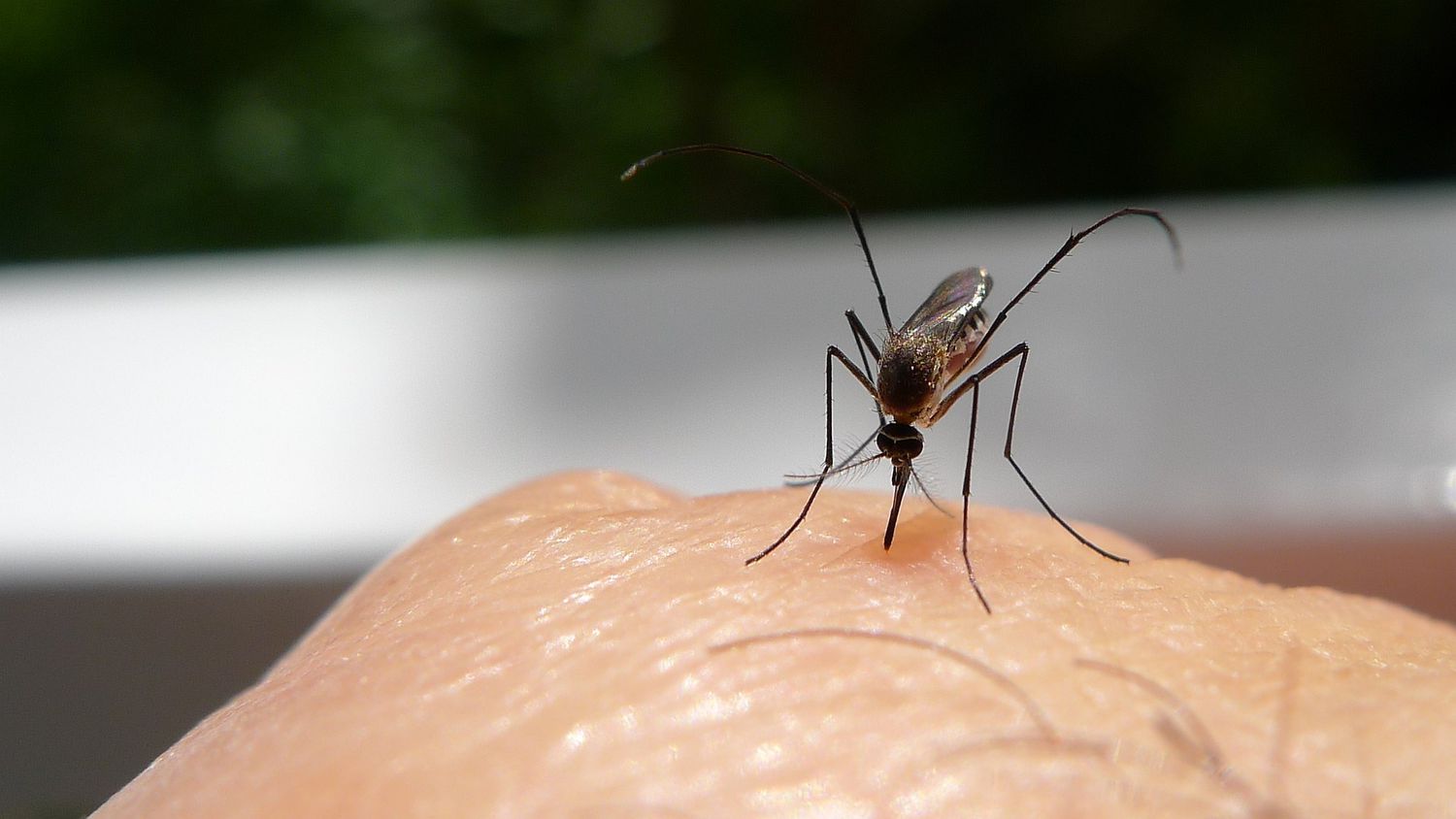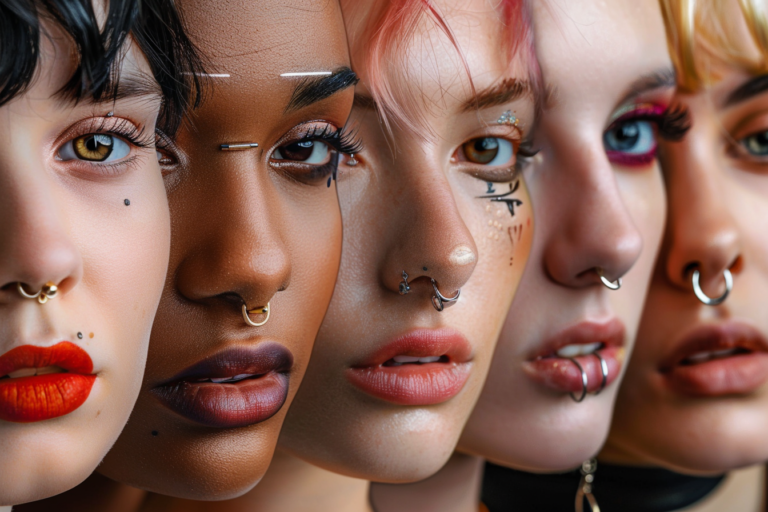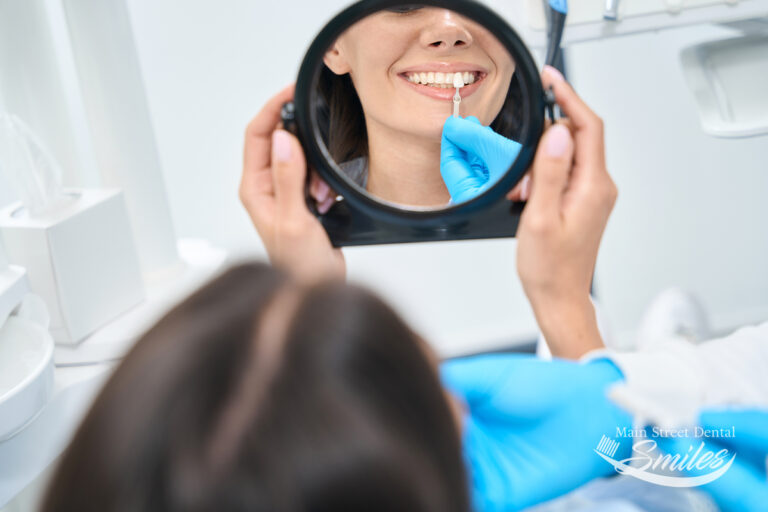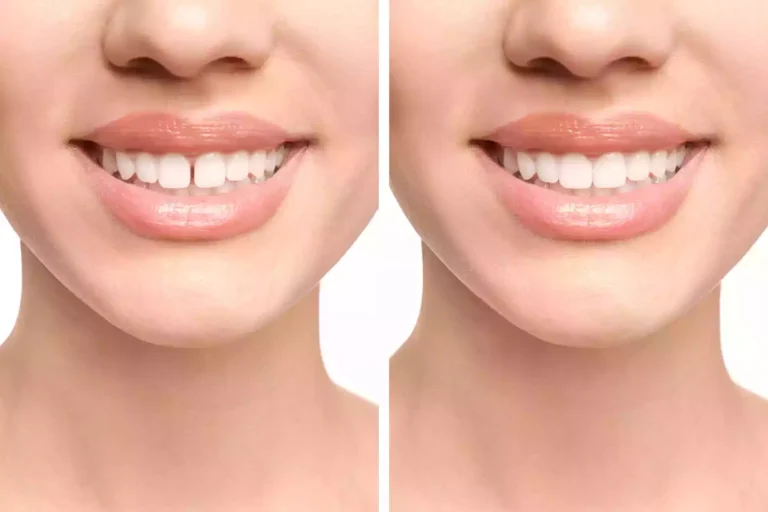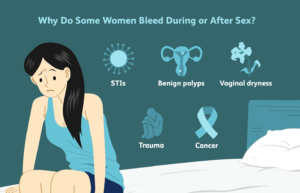Mosquito bites are more than just a nuisance; they can lead to itching, irritation, and in some cases, serious diseases. But have you ever wondered why some people seem to attract mosquitoes more than others? If you’ve found yourself constantly swatting away these pesky insects while others remain unbothered, you’re not alone. This article will delve into the science behind why mosquitoes bite certain people more than others, exploring factors such as body chemistry, genetics, and environmental influences. Understanding these factors can help you take steps to reduce your attractiveness to mosquitoes and enjoy your time outdoors without the constant annoyance of bites.
The Role of Body Chemistry
Carbon Dioxide Emission
One of the primary factors that make certain people more attractive to mosquitoes is the amount of carbon dioxide (CO2) they emit. Mosquitoes have a highly developed sense of smell, and they are particularly sensitive to CO2, which is a key indicator that a potential host is nearby. When you breathe out, you release CO2, and the more you emit, the more attractive you become to mosquitoes. This is why larger individuals, pregnant women, and people who are physically active often experience more mosquito bites they are producing more CO2.
Lactic Acid Production
Another crucial element of body chemistry that affects mosquito attraction is the production of lactic acid. Lactic acid is released through sweat, and it is another substance that mosquitoes find irresistible. People who engage in physical activities, especially in hot weather, tend to sweat more and therefore produce more lactic acid. This increased production can make you a prime target for mosquito bites. More read here: How to Treat Mosquito Bites with a Ring Around it
Skin Bacteria
The natural bacteria that live on your skin also play a significant role in attracting mosquitoes. Different people have different types and amounts of bacteria on their skin, and some combinations are more appealing to mosquitoes than others. Research has shown that people with a higher concentration of certain bacteria, such as those from the genus Staphylococcus, are more likely to be bitten by mosquitoes. On the other hand, a diverse range of bacteria on the skin may actually make you less attractive to these insects.
The Impact of Genetics
Blood Type
Your blood type is another genetic factor that influences your attractiveness to mosquitoes. Studies have found that people with Type O blood are more likely to be bitten by mosquitoes compared to those with Type A, B, or AB blood types. The reason behind this preference is not entirely clear, but it is believed that Type O blood emits a certain chemical signal that is more appealing to mosquitoes. Conversely, people with Type A blood seem to be less attractive to mosquitoes, making them less likely to be bitten.
Genetic Variation in Skin Chemistry
Genetics also influence the chemical composition of your skin, which can affect how attractive you are to mosquitoes. Some people produce natural repellents on their skin that make them less appealing to these insects. These natural repellents are thought to be related to the genes responsible for producing certain chemicals in the skin. As a result, even if you are emitting CO2 and lactic acid, your genetic makeup might still protect you from mosquito bites.
Environmental and Behavioral Factors
Clothing Color
Believe it or not, the color of your clothing can also affect how attractive you are to mosquitoes. Mosquitoes are visual creatures, and they are more likely to be drawn to dark colors like black, navy, and red. These colors stand out more in the environment, making you an easier target for mosquitoes. On the other hand, wearing light-colored clothing can help reduce your visibility to mosquitoes and decrease the likelihood of getting bitten.
Heat and Sweat
As mentioned earlier, heat and sweat play a significant role in attracting mosquitoes. When you are physically active, your body generates more heat and sweat, both of which are highly appealing to mosquitoes. The combination of increased body temperature, CO2 emission, and lactic acid production makes active individuals prime targets for mosquito bites. Additionally, the more you sweat, the more likely you are to attract mosquitoes, as they are drawn to the moisture and the chemicals found in sweat.
Alcohol Consumption
Alcohol consumption is another behavioral factor that can increase your attractiveness to mosquitoes. Studies have shown that drinking alcohol, particularly beer, can make you more appealing to mosquitoes. This is likely due to the fact that alcohol increases your body temperature and causes you to sweat more, both of which are factors that attract mosquitoes. Additionally, alcohol may alter your body’s scent, making you more enticing to these insects.
Mosquito Preferences: What Do They Look For?
Blood Nutrients
Mosquitoes don’t just bite randomly; they are selective about their hosts based on the nutrients they can obtain from their blood. Female mosquitoes, in particular, require blood to produce eggs, and they are drawn to individuals who can provide the most nutritious meal. This means that people with higher levels of certain nutrients, such as cholesterol and uric acid, may be more attractive to mosquitoes. These nutrients are excreted through the skin, making them detectable by mosquitoes and increasing the likelihood of being bitten.
Pregnancy and Hormonal Changes
Pregnant women are often more attractive to mosquitoes, and this is due to several factors. During pregnancy, a woman’s body undergoes various hormonal changes, leading to increased CO2 production and elevated body temperature. Both of these factors make pregnant women more appealing to mosquitoes. Additionally, changes in skin chemistry during pregnancy can also contribute to increased mosquito attraction.
Specific Odors and Scents
Mosquitoes are highly sensitive to odors and scents, and certain smells can either attract or repel them. For example, floral and fruity fragrances found in perfumes and lotions can make you more attractive to mosquitoes. On the other hand, some scents, such as those from citronella or eucalyptus, are known to repel mosquitoes. Understanding how different odors affect mosquito behavior can help you choose the right products to reduce your attractiveness to these pests.
Geographic and Seasonal Variations
Regional Differences in Mosquito Species
The type of mosquitoes that inhabit a particular region can also influence who gets bitten more often. Different mosquito species have different preferences when it comes to choosing their hosts. For example, the Aedes aegypti mosquito, which is known for spreading diseases like Zika and dengue fever, is particularly attracted to humans and tends to bite during the day. In contrast, other species like the Anopheles mosquito, which spreads malaria, prefer to bite at night. Understanding the behavior of local mosquito species can help you take appropriate precautions.
Seasonal Changes and Mosquito Activity
Mosquito activity is highly dependent on the season, with these insects being more active during warmer months. During the summer, higher temperatures and increased humidity create ideal breeding conditions for mosquitoes, leading to a surge in their population. This means that during the summer months, you are more likely to encounter mosquitoes and experience more bites. Additionally, during the rainy season, stagnant water provides breeding grounds for mosquitoes, further increasing their numbers and the likelihood of bites.
Prevention Tips: How to Avoid Being Bitten
Choosing the Right Clothing
To reduce your attractiveness to mosquitoes, it’s essential to choose the right clothing. Opt for light-colored, loose-fitting clothing that covers as much skin as possible. Long sleeves and pants can help protect you from mosquito bites, especially during peak mosquito activity times, such as dawn and dusk. Additionally, wearing clothing treated with insect repellent can provide an extra layer of protection.
Using Effective Repellents
Insect repellents are one of the most effective ways to prevent mosquito bites. Products containing DEET, picaridin, or oil of lemon eucalyptus are known to provide long-lasting protection against mosquitoes. Apply repellent to exposed skin and reapply as needed, especially if you are sweating or swimming. Additionally, using repellent-treated clothing and gear can enhance your protection.
Eliminating Breeding Sites
Mosquitoes need standing water to breed, so eliminating potential breeding sites around your home is crucial. Regularly empty and clean containers that collect water, such as flower pots, bird baths, and gutters. Ensuring that your home’s drainage system is functioning properly can also help reduce the presence of mosquitoes. By removing breeding sites, you can significantly decrease the mosquito population in your area and reduce the likelihood of being bitten.
Using Mosquito Nets and Screens
In areas with high mosquito activity, using mosquito nets and screens can provide effective protection. Sleeping under a mosquito net, especially in regions where mosquito-borne diseases are prevalent, can prevent bites during the night. Installing screens on windows and doors can also keep mosquitoes out of your home, allowing you to enjoy a bite-free environment indoors.
The Role of Technology in Mosquito Prevention
Mosquito Traps and Zappers
Advances in technology have led to the development of various devices designed to trap or kill mosquitoes. Mosquito traps use attractants such as CO2 and heat to lure mosquitoes into a trap, where they are captured or killed. Electric mosquito zappers, which use UV light to attract and electrocute mosquitoes, are another popular option. While these devices can be effective in reducing mosquito populations, they should be used in conjunction with other preventive measures for the best results.
Smartphone Apps and Wearable Devices
In recent years, smartphone apps and wearable devices designed to repel mosquitoes have become available. These devices typically emit ultrasonic frequencies that are believed to deter mosquitoes. However, the effectiveness of these devices is still a subject of debate, and they should not be relied upon as the sole method of protection. Combining these gadgets with traditional repellents and preventive measures can offer more comprehensive protection against mosquito bites.
Understanding Mosquito-Borne Diseases
Common Mosquito-Borne Illnesses
Mosquitoes are not just annoying; they are also vectors for various diseases that can have serious health consequences. Some of the most common mosquito-borne illnesses include malaria, dengue fever, Zika virus, and West Nile virus. These diseases are transmitted when an infected mosquito bites a human, injecting the pathogen into the bloodstream. Understanding the risks associated with mosquito bites can help you take appropriate precautions to protect your health.
Symptoms and Treatment
The symptoms of mosquito-borne diseases vary depending on the illness but often include fever, headache, muscle aches, and fatigue. In some cases, these diseases can lead to severe complications, such as organ damage or neurological problems. If you suspect that you have been bitten by a mosquito carrying a disease, it is important to seek medical attention promptly. Early diagnosis and treatment can significantly improve your chances of recovery.
Preventive Measures
Preventing mosquito bites is the best way to protect yourself from mosquito-borne diseases. In addition to using repellents and protective clothing, consider getting vaccinated if you are traveling to areas where mosquito-borne diseases are common. Staying informed about outbreaks and taking precautions when traveling to affected regions can also help reduce your risk of contracting these illnesses.
Conclusion: Why Understanding Mosquito Behavior Matters
In conclusion, the question of “why do mosquitoes bite certain people” is influenced by a complex interplay of factors including body chemistry, genetics, environmental conditions, and behavior. Understanding these factors can help you take targeted measures to reduce your attractiveness to mosquitoes and minimize the risk of bites. By adopting a combination of preventive strategies, such as using repellents, wearing appropriate clothing, and eliminating breeding sites, you can enjoy your time outdoors without the constant annoyance of mosquito bites. Moreover, being aware of the health risks associated with mosquito bites underscores the importance of effective prevention, especially in regions where mosquito-borne diseases are prevalent. By staying informed and proactive, you can protect yourself and your loved ones from the discomfort and dangers posed by these persistent pests.





